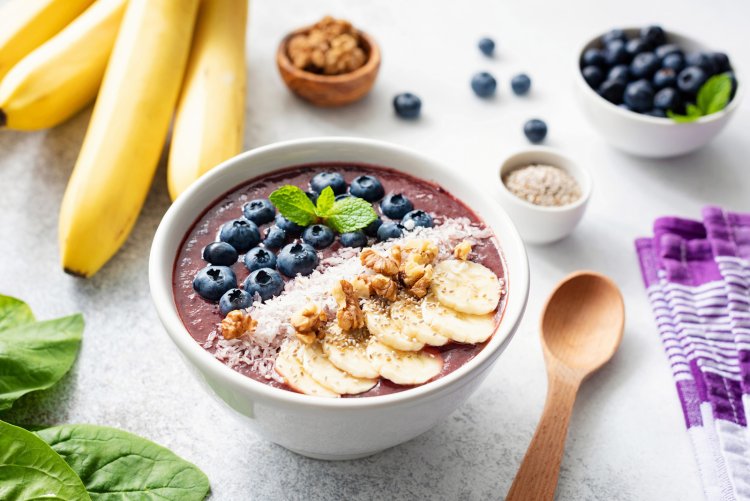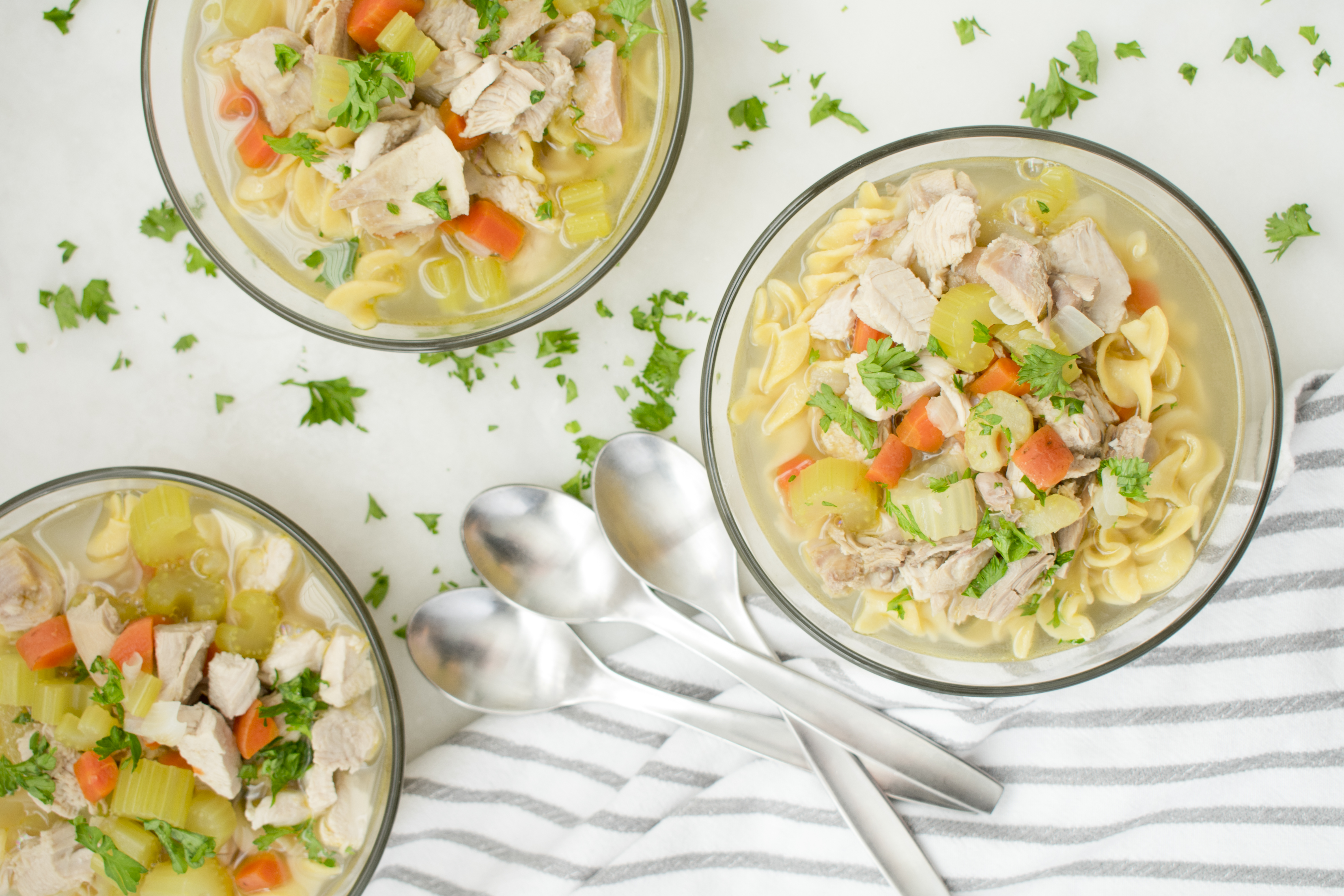Best 5 Foods to Eat When You Have the Flu,
Spinach, kale, and other leafy greens can also help boost your immune system when you have the flu, being quality sources of nutrients such as

When you've got the illness, the last thing you feel like doing is eating. But eating well is still crucial. In order to heal and maintain a healthy immune system, your body needs fuel and food.
When you're unwell, it helps to know what foods will help you feel better as quickly as possible. Read on to find out what to eat and what to avoid when you're feeling under the weather.
What should you eat when you have the flu?

If you're unwell and have less of an appetite than usual, don't let that stop you from eating well. There isn't a single meal proven to be effective against the flu virus, but there are several components in food that may strengthen the immune system or alleviate flu symptoms.
1. Fluids
Even though they are not really foods, fluids are what your body needs the most of all while you are ill. Dehydration is a common consequence of the flu that can be treated with fluids.
Flu patients often experience high fever in addition to other symptoms such as gastrointestinal distress. These factors increase fluid loss and put people at risk for dehydration. Dehydration is preventable with enough fluid intake.
Be sure to have enough of fluids, such as:
- Water
- Tea without caffeine
- Electrolyte drinks low in sugar
- Sugar-free fruit juice

Eating meals high in water content is one way to ensure you get enough of this essential nutrient. This category includes many common fruits and vegetables.
Melon varieties include watermelon and cantaloupe.
- Strawberries, oranges, and pineapples
- Tomatoes or squash
- Tomatoes
- Celery
- Spinach or kale
2. Broth
When you're sick, broth is a wonderful choice for nourishment. Broth has a high water and electrolyte content, making it an excellent choice for maintaining hydration. A sore throat might also be eased by drinking warm broth.
If you have the flu, sipping broth will help you feel better. If you can handle it, choose a broth-based soup with soft veggies for an extra dose of vitamins and minerals. Chicken soup may also help. Chicken soup contains a number of chemicals that, according to some studies, may be effective against the flu.
3. Yogurt (and other probiotic-rich foods)
Probiotics have been shown to improve gut health and boost immunity. However, data on their impact on influenza is scant. Probiotics have been proven to improve immune system activity during a flu infection, however these research have largely been conducted on animals. Probiotics reduced the number of sick schoolchildren in one small trial.
Probiotics are available as dietary supplements, albeit their quality is not systematically checked. Fermented foods and drinks, such as kombucha, miso, kimchi, and yogurt, all contain probiotics thanks to the presence of live and active cultures.
4. White bread
When you have stomach pain, nausea, or vomiting, eating may be the last thing on your mind. White bread, crackers, and boiled potatoes are all examples of bland, starchy foods.
White bread is mild, poor in fiber, and devoid of flavor. It rarely causes nausea or vomiting, even in the sick. In addition, it has carbs, which can be used as fuel. White bread isn't the healthiest option, so once you start feeling better, go back to eating normally.
5. Citrus fruit (and other foods rich in vitamin C)
Vitamin C is abundant in citrus fruits. Vitamin C may hasten recovery from the flu, according to some research.
When you're unwell, you can boost your vitamin C consumption by adding lemon to your water or tea. Try some orange juice instead. Red and green peppers, strawberries, kiwi, and mango are other good options because they contain vitamin C.













